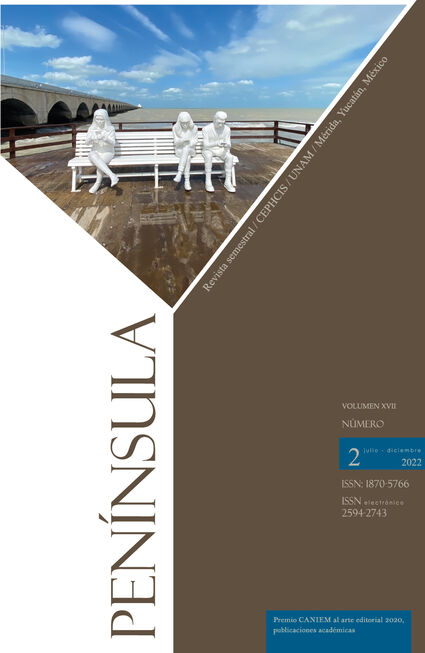Hiding Agenda. The Catholic Church and the Mexican Electoral Agenda. Abortion and Equal Marriage in the Presidential Elections of 2006, 2012 And 2018
Main Article Content
Abstract
The presidential elections of 2006, 2012 and 2018 in Mexico highlighted the enormous weight that the Catholic Church has in the national political agenda. During the last 30 years, after the constitutional reforms of 1993 around ecclesiastical institutions, some political actors as political parties and ecclesiastical groups, notably the Catholic Church went from open confrontation to pragmatic alliances. This phenomenal is visible when dealing issues that the Catholic Church considered historically as “non-negotiable” or “taboos”: abortion and homosexual marriage. In the same way, some states advanced in progressive laws while others penalized abortion and prohibited new forms of marriage (notably the homosexual marriage). The former hegemonic party (PRI) had to adapt to new realities, while the panand the prd came to play a testimonial role; a new political group appeared with enough force to win the presidential election of 2018, during which the issues “Taboos” were conspicuous by their absence.
